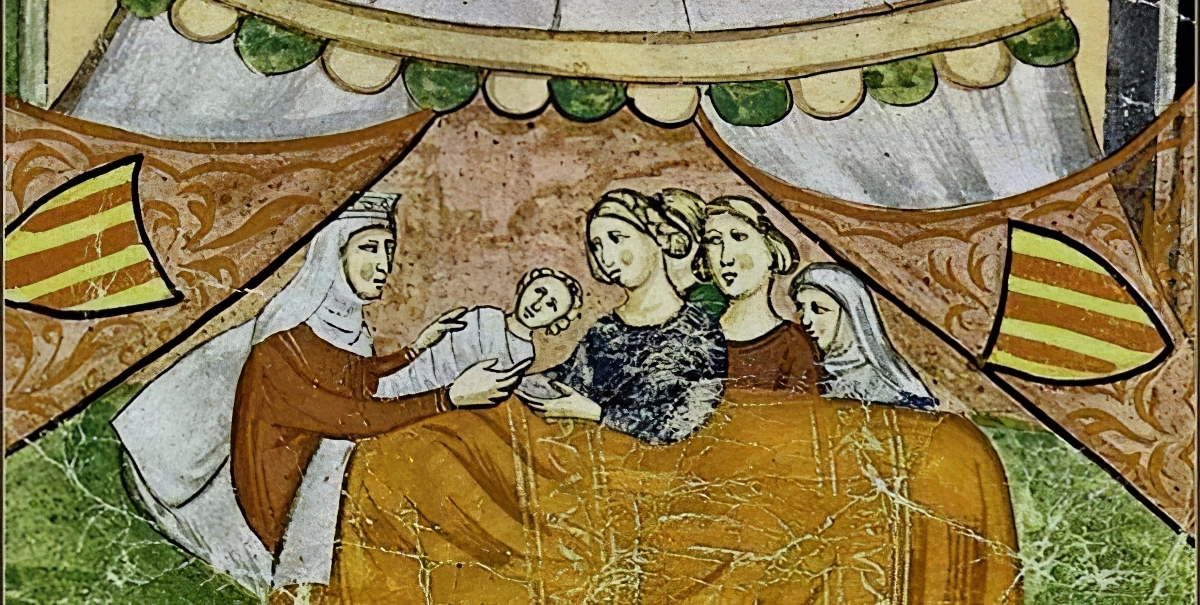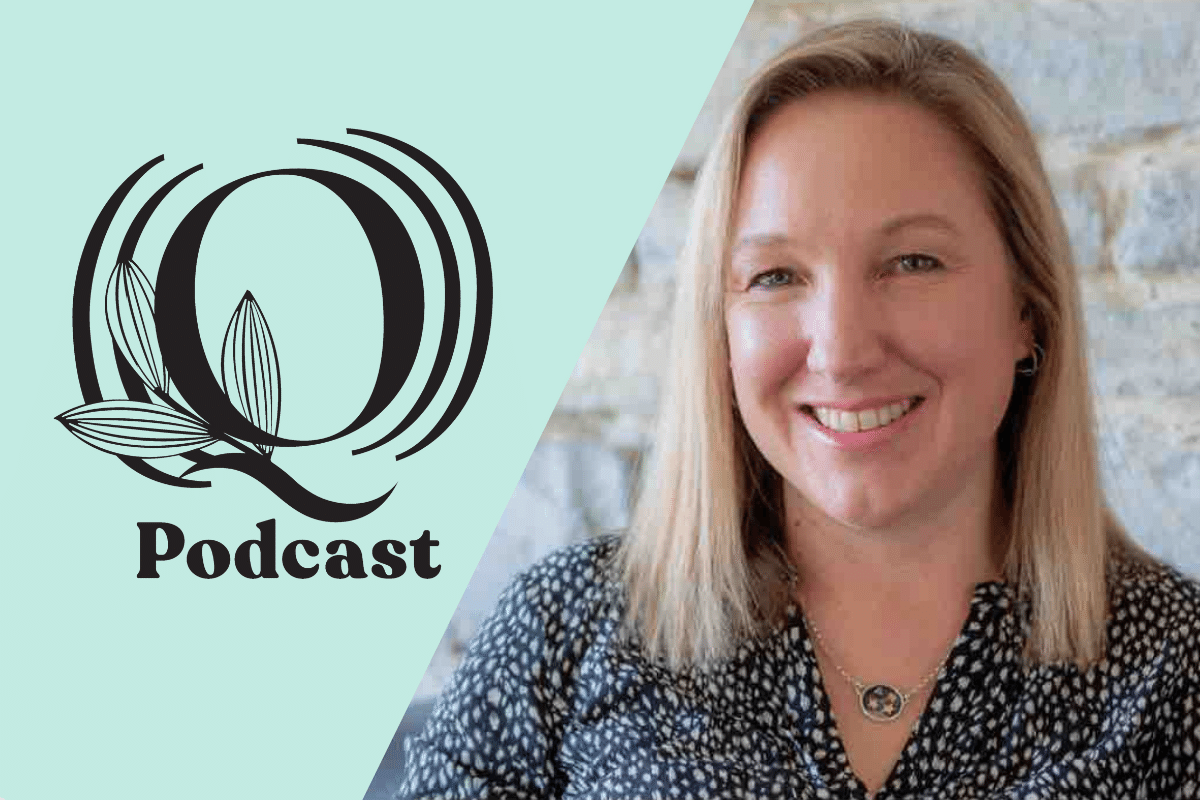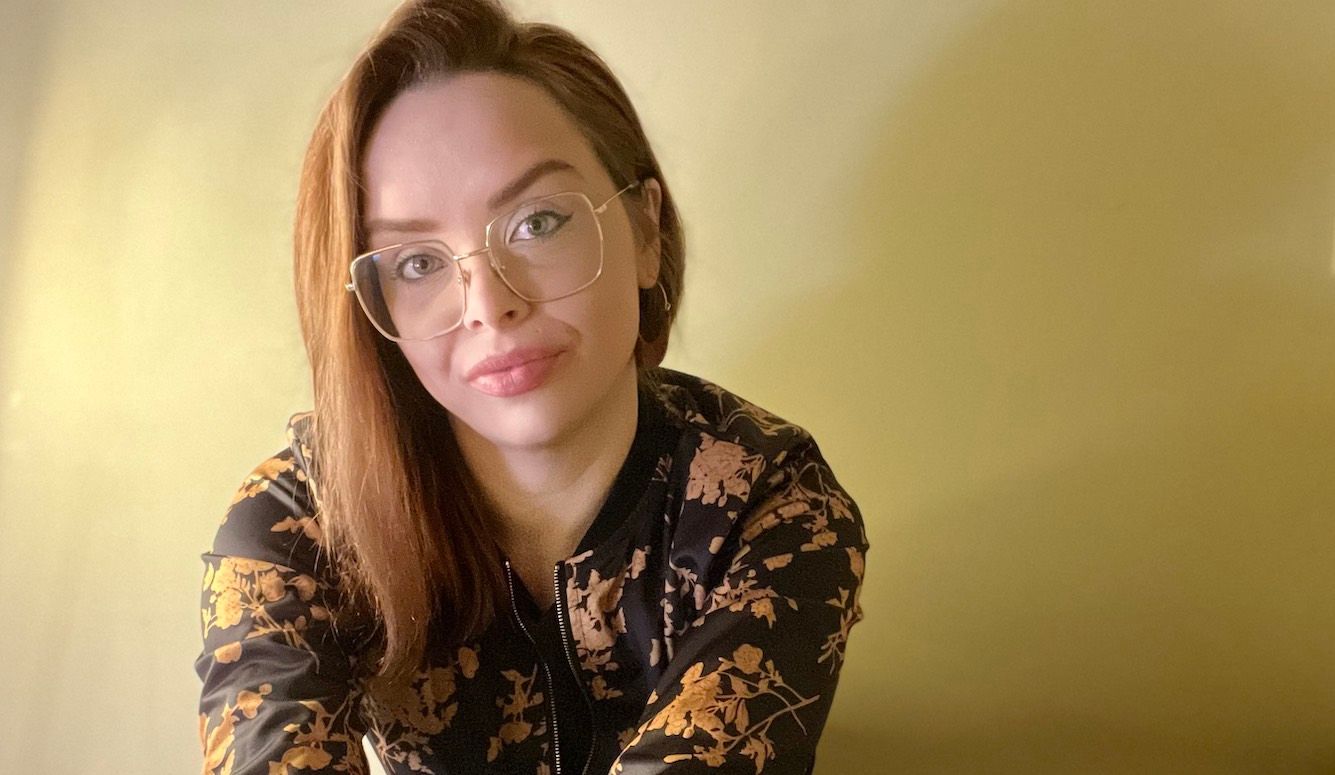Feminism
I’m a Feminist Mother. But I Don’t Need a ‘Feminist Birth’
A birth away from hospital can be seen as a feminist act of resistance. But it’s not a form of resistance I want to join.

When my first was born—a bit early, just shy of 36 weeks—he couldn’t breathe. He let out a brief, warbled cry, then fell silent. He was taken from my grasp in seconds, before it felt like he had ever really been with me at all. He required resuscitation. I held him again, for a few seconds, when he was stable and wearing a continuous positive airway pressure mask. Then he was taken to another floor of the hospital.
There were a lot of things for a mother to be upset about. My labour included medical interventions, including intravenous medications, that I had no say about. I was confined to bed to allow continuous fetal monitoring, making labour—which took place without analgesics—more painful. I didn’t see my son for over two hours after he was taken to the neonatal intensive care unit. He never breastfed well in the months that followed, possibly because he was given a soother and feeding tube without my consultation or knowledge.
“Mommy” blogs and other online fora are rife with similar complaints from women who feel they were wronged by doctors, or otherwise cheated out of the birth experiences they’d expected. You’ll find women whose descriptions of their births echo descriptions of grief following a death—overwhelming devastation, loss and anger—even in cases where neither mother nor child endured lasting medical effects. I, too, complained. But I moved on quickly.
One prominent blogger who had an unwanted caesarean section (a form of birth she refers to as “unnatural”) offered this advice to other women: “There is a deep hole in my heart. A hole that may never completely heal…Only when you purge this grief, guilt, disappointment, and sadness, can you move forward and be the mother you were meant to be.” Similarly, a popular parenting website warns that “it can be emotionally wrenching when your baby’s delivery resembles a medical school film instead of the beautiful, transcendent videos from your childbirth class.” But is it possible that the tendency to idealize a “natural” or non-medicalized birth is itself contributing to the distress many women feel when reality falls short?
This is not to say there aren’t valid concerns about the medicalization of pregnancy and birth. We know that caesarean-section rates are higher than they need to be, for instance. Such concerns deserve exploration, discussion and—ultimately—policy change. But what of the increasingly popular (in my observation) anti-medical birth narratives that sometimes blur into outright science denialism? As both a mother and nurse, I would favour erring on the side of a highly medicalized birth that ensures healthy outcomes. I am concerned by the ascendancy of the “homebirth” movement, which encourages births attended by midwives and doulas instead of doctors. And then there is the so-called “freebirth” movement, which—incredibly—encourages home births attended by no healthcare professionals whatsoever.
* * *
I consider myself a “radical feminist”—meaning that I endorse an approach to feminism that aims to analyze and tackle the root causes of female oppression. The medical establishment historically has tended to cater disproportionately to privileged males, while ignoring or even harming other, more vulnerable populations, women included. In medical research, men have been more likely to be the focus of clinical research. And so medicines and treatments often have been tailored for male biology. Additionally, the rise of sex-selective (i.e., female-targeted) abortions—even in socioeconomically advanced nations such as Canada—exemplifies the manner by which medical systems can enable misogyny. Scholar and second-wave feminist Robyn Rowland has argued that reproductive technologies “can, will, and are being used differentially on an international scale to reinforce the oppression of women”; and that “men control birth to a great extent, introducing instruments, ‘monitoring,’ and technological interference to the point of intrusion.” Because of all this, I have never been inclined to give the medical model of pregnancy and birth a free pass from skepticism.
Most feminists I know prefer home births over hospital births, and midwives over obstetricians. An increasingly dominant narrative asserts that women need to “take back” or “own” their pregnancy and childbirth experiences, lest they be treated as infant vessels whose wellbeing is secondary or immaterial. A birth away from hospital can be seen as a feminist act of resistance. But it’s not a form of resistance I want to join.
One sees this often on Mumsnet, an influential UK-based parenting forum (once called a “national institution” by ex-prime minister Gordon Brown). In a discussion on feminism as it relates to homebirth, one user posited that her “pro home birth views are part of [her] feminist identity.” Another stated that homebirth “go[es] along with rejection of the male doctors who decided that they knew better than nature and started telling women how to birth, how to feed and mother.” One mother described the hospital as an “environment created by men, for men.” Another argued that birth experiences can make women feel “as though they have been raped or assaulted,” and asked if home birth were “perhaps one way of shifting the balance of power.”
Milli Hill, the UK-based author of the forthcoming Give Birth Like a Feminist, is the founder of something called the Positive Birth Movement, which offers networking events for pregnant women. Her website has sections on midwives, doulas, hypnobirthing and complementary therapies—but not obstetricians. Hill explains that she founded the movement because of her “growing frustration whenever she heard the words ‘They didn’t let me…’ in a birth story.” But while I agree health professionals should strive to be patient-centred and offer choices when possible, patients also need to accept that, ultimately, their wellbeing is in the hands of experts. The idea of patient choice (not to be confused with the more basic idea of consent) should be prioritized below patient safety. That was the case with me, certainly, and I’m glad of it. “They”—i.e., doctors—“didn’t let me” hold my baby during the first few hours of life, and that was the right thing to do.

Since 1998, pregnant women in the Canadian province of British Columbia, where I live and work, have been given a choice between a physician or a midwife under our publicly funded universal health system. Women who choose the latter also can choose to give birth at home, should they have what is considered to be a “low-risk” pregnancy. After my son was born, a close friend—a feminist who’d already given birth at home with midwives in attendance—asked about the details. When I told her that I’d decided against pain medications, she praised my decision: “I am so glad you got to experience it that way.” I might have asked her if she was a feminist or a masochist, because the pain of childbirth was not a highlight for me. I chose to not use analgesics because I believed that, in my case, this could help reduce certain risks—including respiratory distress—for my son, not so I could have a “natural” birth.
Many groups offer manifestos on this subject. The so-called “Indie Birth” manifesto, for instance, is prefaced with the promise of “freedom” once you “release” the notion that “someone else knows more about you than you do.” The same organization claims that even midwifery “has become over-medicalized, taking us far from the knowledge, support, power and wisdom that women NEED in order to birth and mother.” But the reason I chose not to employ a midwife is that I don’t believe they are medicalized enough. More generally, it is dangerous to imagine that anyone in our society—including women—have secret, irrefutable knowledge about their own internal medical state that trumps medical science. This is the sort of logic that gets us to the idea that natural herbs and unguents can help cure cancer or other serious diseases simply because the experience of using such soothing placebos is in accord with a patient’s subjective sense of self.
Having worked as a registered nurse for almost a decade—a job that requires me to collaborate closely with many physicians—I have seen the breadth of doctors’ knowledge and training. As a patient, I would rather a physician be at my side, whether pregnancy or birth complications arose or not, even if that physician might decide to induce labour with medications or perform an unwanted (and even possibly unnecessary) caesarean section. Physicians simply have more education and training. This is not to disparage registered midwives, who are indeed highly-trained, much like registered nurses. But neither profession offers an acceptable replacement for physicians.

In the United States, home births are recognized as dangerous, with a studyout of Oregon showing higher perinatal death rates in home births being commonly cited by critics. And the American College of Obstetricians and Gynecologists (ACOG) holds the position that hospital or birth-centre births are safest. In Canada, midwives are subject to higher regulatory standards. But even here, the jargon and messaging you hear from some registered midwives is distressingly anti-medical and ideological in nature, often echoing the “natural” birth groups that exist online. The Association of Ontario Midwives, for instance, asserts that “regardless of what the research says, the most important thing is that YOU feel safe in your chosen birth environment.” That’s simply not true. Women’s subjectively experienced emotional safety should not trump scientific evidence or the expertise of healthcare professionals.
The B.C. College of Midwives claims that research has established that home birth with a midwife is as safe as a hospital birth with a physician. But the evidence is equivocal, and permits differing conclusions, largely because excluding the influence of other variables—such as a mother’s socioeconomic status, or her underlying medical conditions—is difficult. Indeed, some studies show that home births with trained midwives are, in fact, less safe than hospital births with physicians.
A literature synopsis prepared for midwifery students in B.C. describes unfavourable home-birth studies as having poor “design, analysis or reporting.” But other groups, including the American College of Obstetricians and Gynecologists (ACOG), note that virtually all of the available studies suffer from poor design. (The ACOG, for instance, concludes that “high quality evidence that can inform this debate is limited.”) Randomized control trials are not possible, for ethical reasons. And a Canadian Medical Association Journal retrospective study notes that preceding studies “have been limited by the voluntary submission of data, non-representative sampling, lack of appropriate comparison groups, inadequate statistical power, and the inability to exclude unplanned home births.” Writing on the Harvard Medical School web site, American physician Jeffrey Ecker has described similar issues in regard to the lacklustre quality of data, which is especially sparse when it comes to long-term outcomes, and not just death or immediate interventions.
Broad trends should give us abundant confidence in modern methods, however. Thanks to advances in medicine, Canada’s infant mortality rate in 2011 (the last year for which national data is fully available) was less than one twentieth of what it was in 1926. Canada’s maternal mortality rate (MMR) also has dropped significantly since the early 20th century.
In recent decades, the MMR has fluctuated—though it has come nowhere close to historical highs—rising in the years from 1990 to 2013 and then declining again. But causation has not been determined. It could be related to increasing maternal age, or even to caesarean-section rates. With no determinable cause for these recent fluctuations, I am comfortable choosing a medicalized birth, because there is little question that the medical establishment has been instrumental in the pronounced historical trend that has made birth so much safer for mother and child alike since my grandmothers’ time.
Yet I’m not going to pretend my choice is purely about numbers and science. On a personal level, I simply don’t buy into the spiritual-earth-mother/creator-of-life/sacred-womb narrative that seems to infuse so much of the anti-medical-birth movement. I also am deeply skeptical of any organization that throws itself behind ideological trends in a way that suggests it is vulnerable to fads and groupthink. The Midwives Association of British Columbia website, for instance, tells us that it caters to “all peoplewho are pregnant” (my emphasis), never mind the scientific fact that only female persons can become pregnant. This tiny verbal nod to transgender activists may seem like a small, well-intentioned gesture. But, to my mind, it says a lot about the organization’s priorities. Pregnancy and birth are female health issues, full stop.
As both nurse and mother, I can attest that birth is messy and painful. It is something to be endured. It is transformative insofar as you will come to experience a love for your children that is deeper than any other love you may have felt before. I felt proud of my strength and resilience after both of my births. But I did not feel connected to the cosmos, or to some greater source of female energy. My obstetrician laughed and expressed gratitude when, after asking what my “birth plan” included, I told him that it involved not freaking out and doing what the team told me I needed to do.
Birth is indeed a “natural” event—in the sense that it is naturally occurring in all mammals. But disease and injury also are “natural,” timeless phenomena. Pregnancy and birth can indirectly injure or kill a woman in all sorts of ways. Indeed, death during childbirth was common in pre-modern societies. I have no desire to revisit any part of this very “natural” part of human history.
Though I have twice been a feminist giving birth, I have not experienced the “feminist” birth that many moms seem to be cheering for on the internet. Part of me wishes I could claim to have given birth in a way that makes me part of a larger sisterhood. But the more rational part of me is simply grateful for the reassurances of modern medicine. Ideology is for the voting booth and Twitter threads. It has no place in pregnancy, labour or birth.
The best feminist response to the risks associated with pregnancy and childbirth is to demand that we improve upon our existing medical models, rather than opt out entirely in favour of a feel-good alternative. If that puts me at odds with other feminists, then so be it.
Amy Eileen Hamm lives in New Westminster, BC. You can follow her on Twitter @preta_6.
Featured image: The birth of Frederick II at Iesi, as depicted by 14th-century artist Giovanni Villani.






